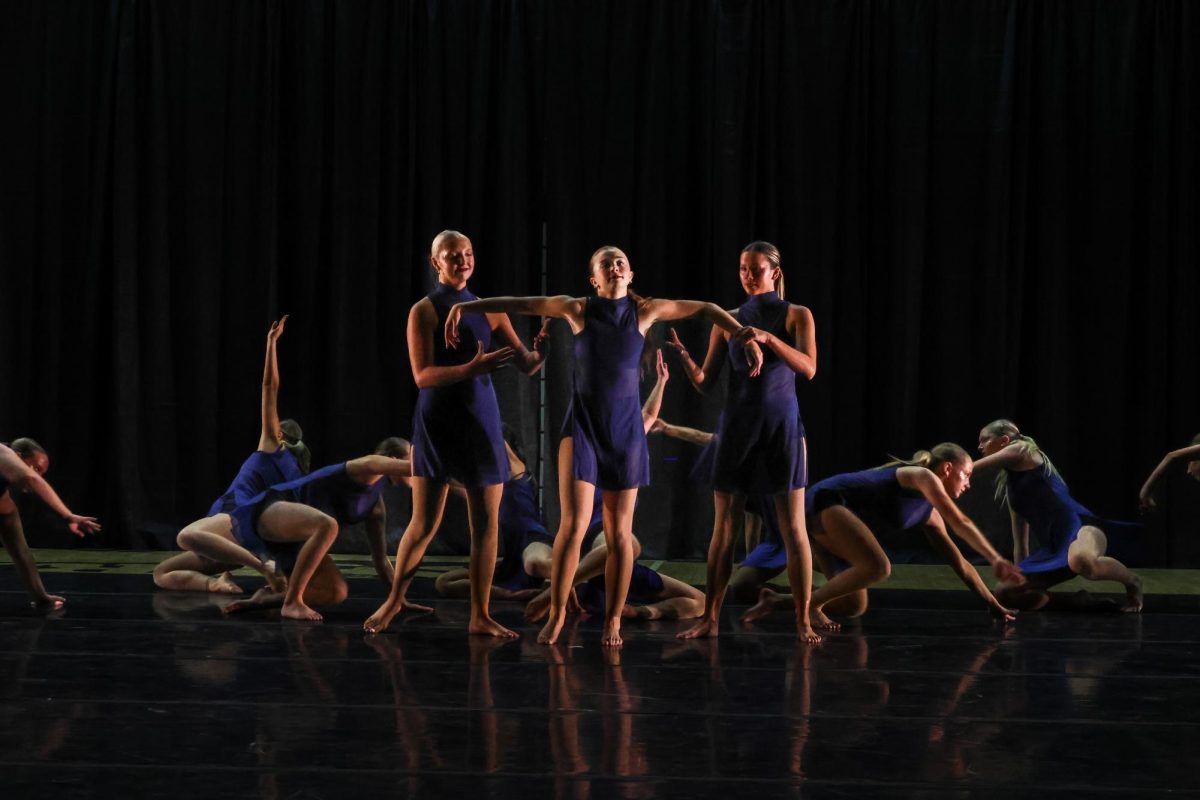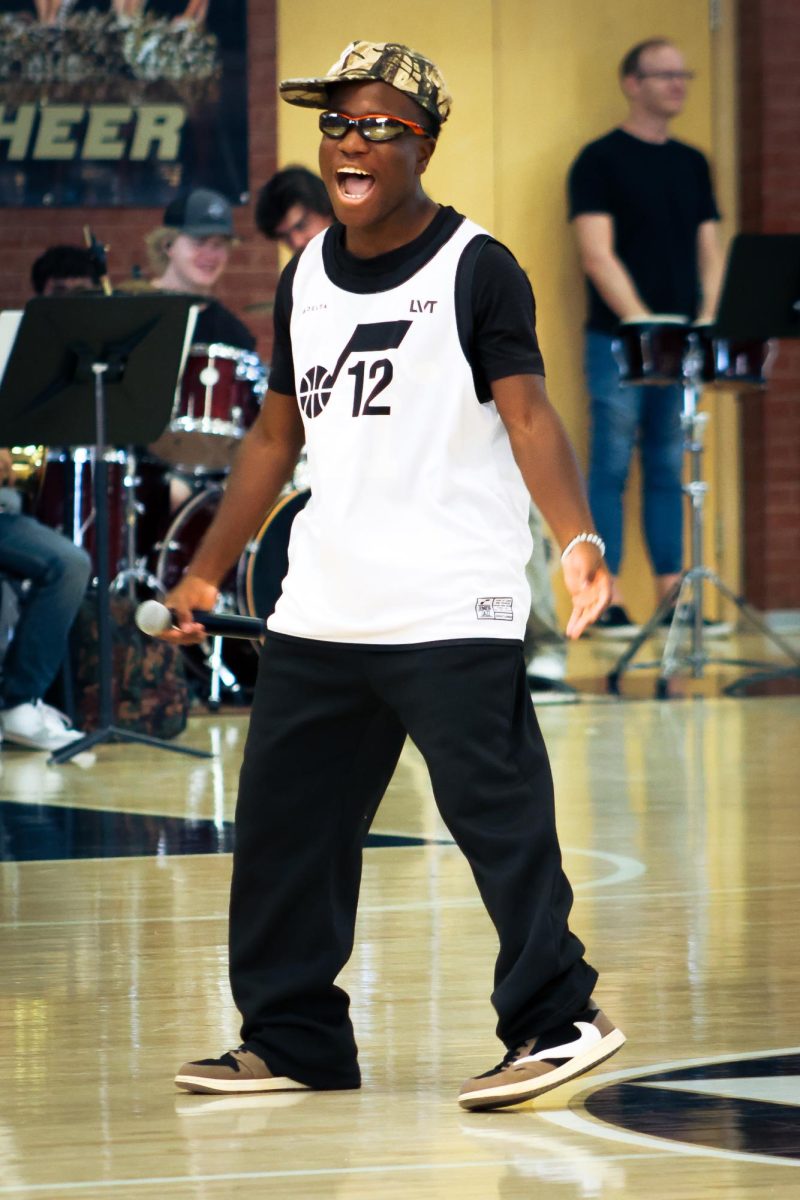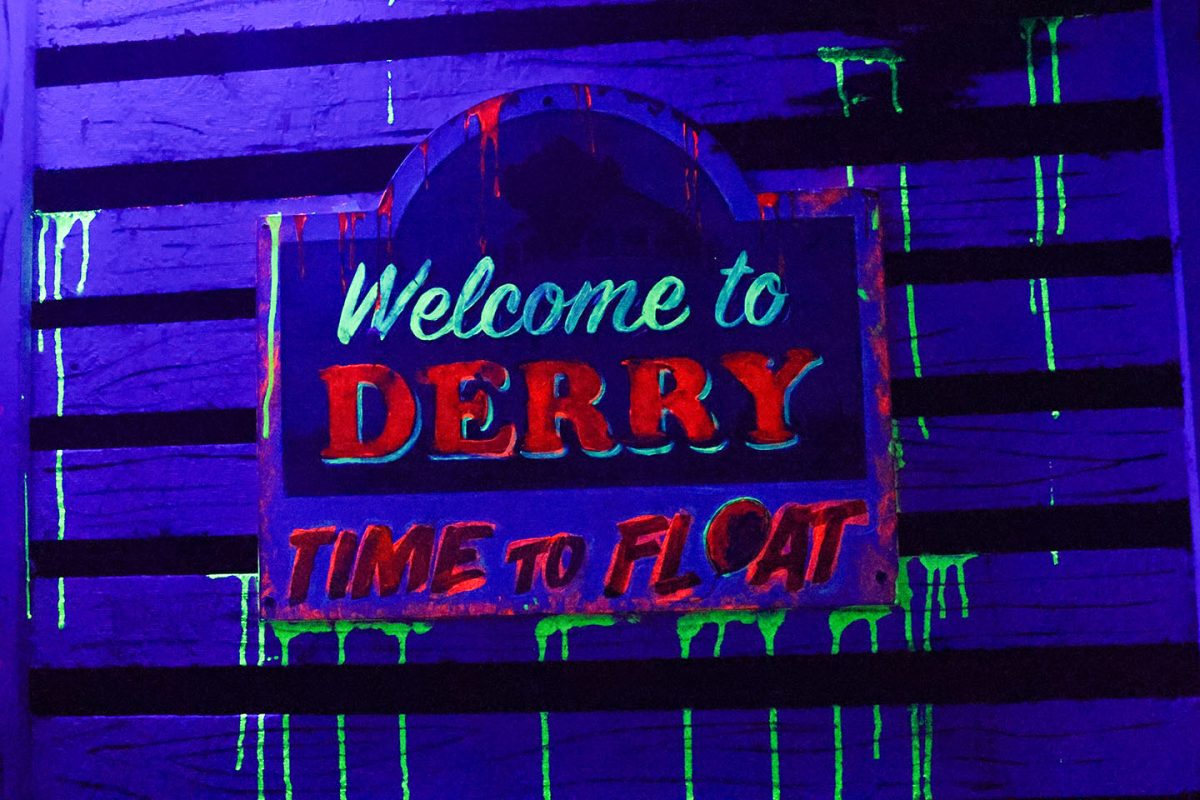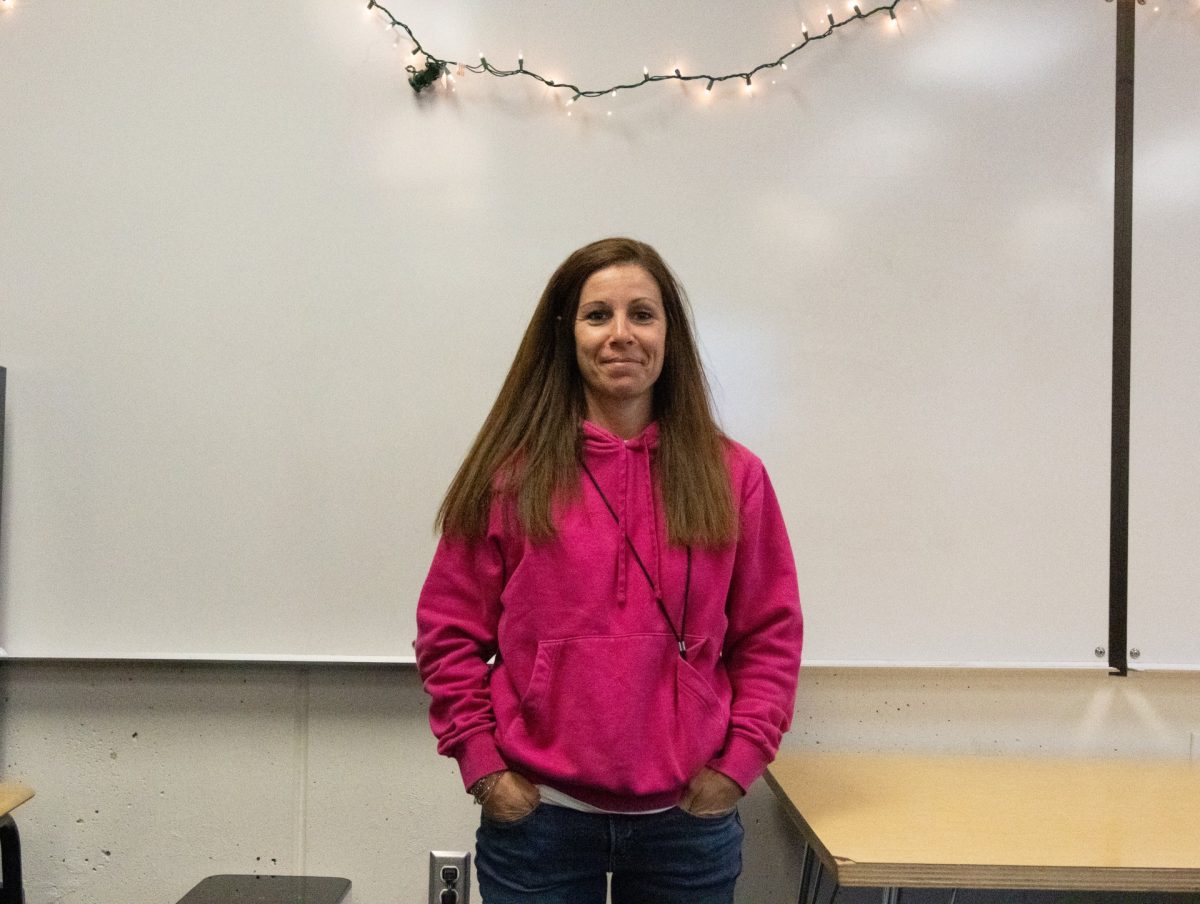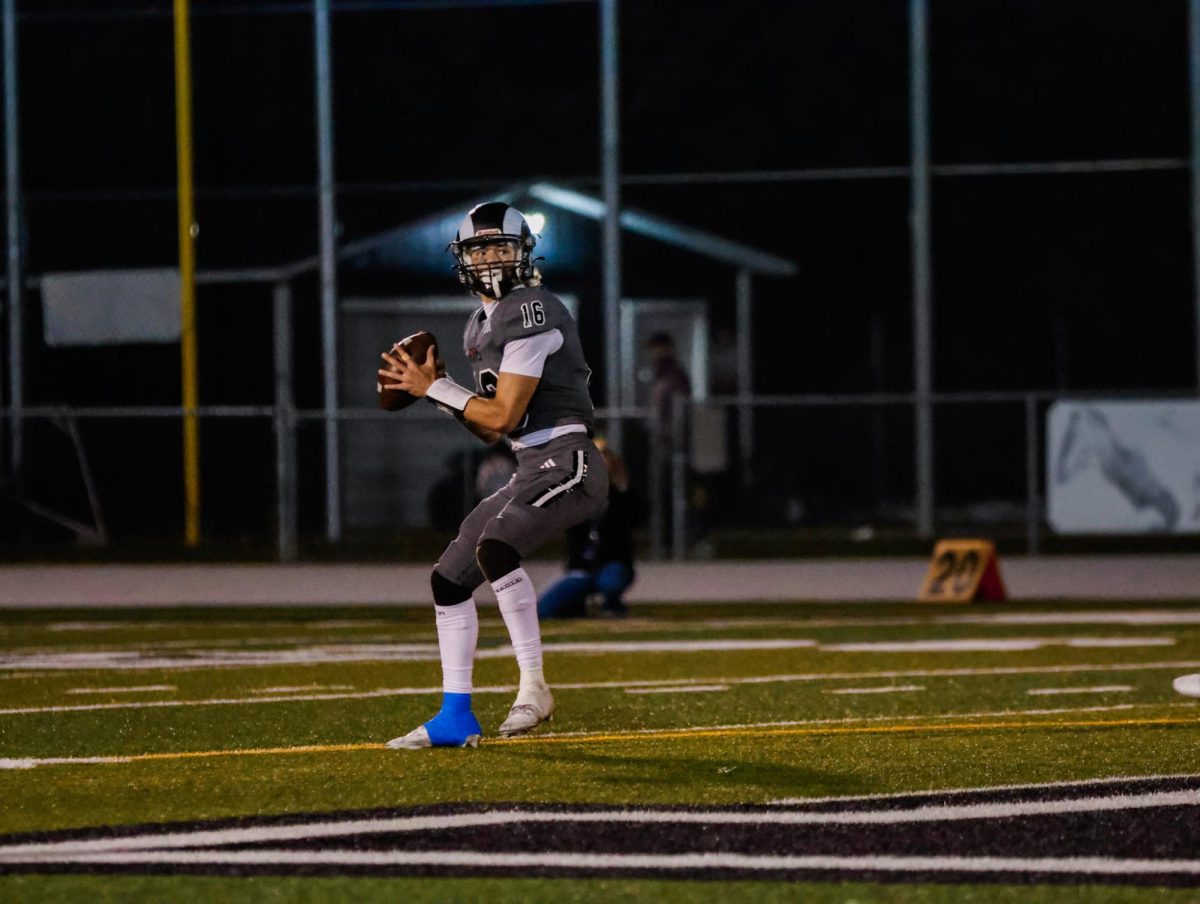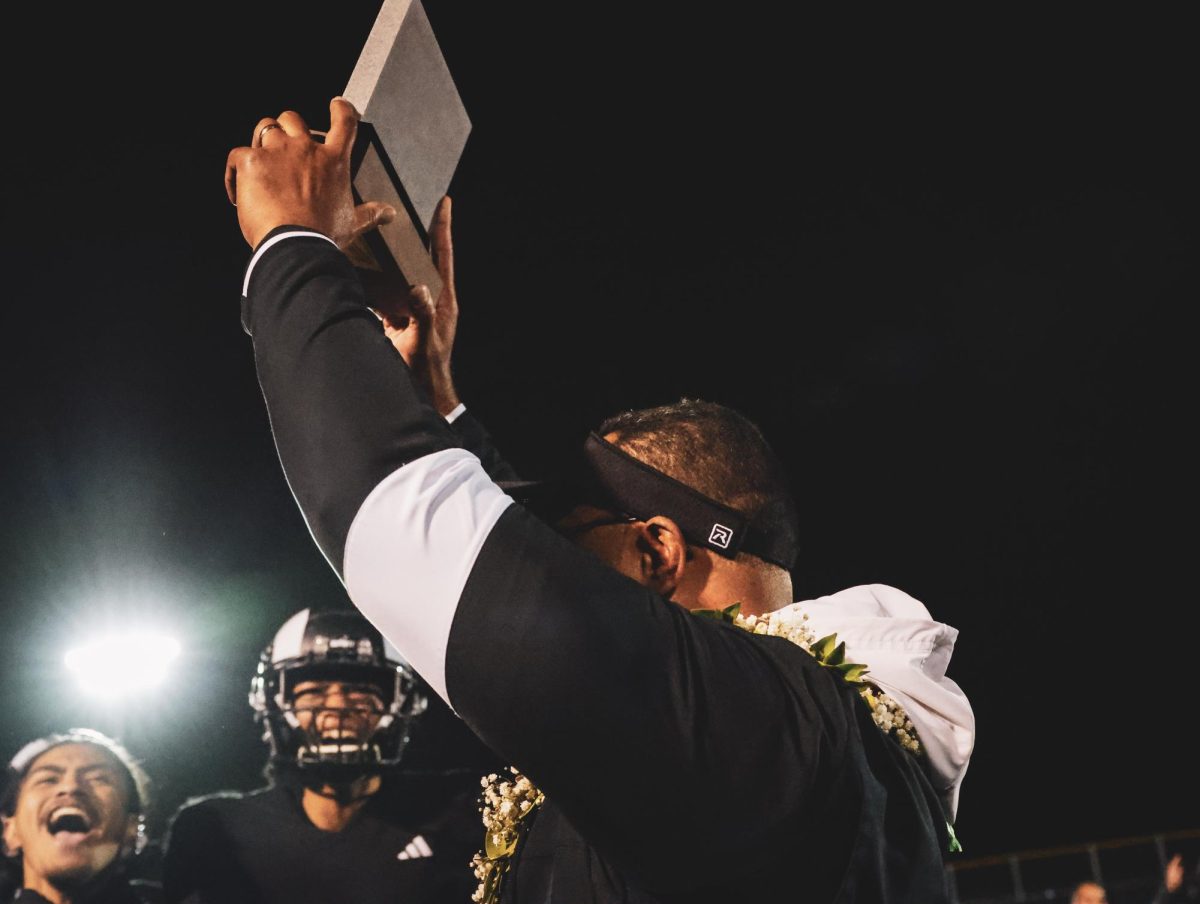How Highland Wants to Help Students in Need
May 1, 2019
Highland and Salt Lake School for the Performing Arts have had losses this year and last from students taking their own lives and these have been the worst days for both principals and staff. Suicide, unfortunately, a growing epidemic, and the more prominent it becomes in peoples lives, the more ways students and administration alike need to be finding ways to help those suffering, and Principal Chris Jenson of Highland understands the need to learn to reach out.
“Anytime we lose one of our family and community members it’s just really hard we take it personally and it’s a loss just like any family. It causes you to be really introspective and to have some sensitivity in terms of how we can make this a better situation or a better place. How do we reach out to people who are in need like that?” Jenson said.
According to Jenson, other students are thinking too, coming up with new ideas to maybe help those in need. Part of the problem with getting help at school is that it requires students to go through a very formal system. Students must formally ask for help, make an appointment, and put themselves into the system. However, Jenson got an idea from a student that he plans to put into action as soon as possible. It’s called a buddy bench.
“I just thought what a brilliant, kind idea. The idea is that if there’s anyone sitting on that bench, if they’re sitting on that bench alone, that’s them saying I need a little bit of help. And it can be super informal, if someone could just sit down and talk that would be great,” Jenson said.
This of course still takes a leap of faith to go sit on that bench, students have to actively seek it, but it’s such an informal way of doing it, and such a simple gesture to maybe find someone to talk to and someone willing to listen.
There are other ways to find help that don’t require appointments or formal meeting, such as SafeUt. However, while SafeUt has worked, more often than not, it’s being abused. Jenson believes that SafeUt is a brilliant app made to help those who need it, but abuse like this truly shows how ignorant to suffering some people can be. And this is the problem, ignorance. Another problem with having SafeUt as a prime source of help is that it might not be lasting that much longer due to cost.
In hopes of educating more students, Highland will be bringing in Collin Kartchner next year to talk to students about media and possibly looking into creating its own hope squad. A hope squad is a group of students specifically trained to notice signs of suicidal or depressed thoughts and be able to help those in need. Having a program like hope squad in a school this size, it would take about 25-30 students who are committed to going through that kind of training.
“Hope Squad has its positives and its drawbacks. I think that taking those 25 students and giving them training is awesome for them, if it filters out and has an effect on the rest of the school and creates that ripple effect then that’s great, that what it’s designed to do. But if it doesn’t ripple out well then it’s just great for those 25 kids. I have 2000 in this building,” Jenson said.
Another way to help students, to talk, would be group seminars similar to the seminars we do for bullying. Here, teachers could talk to students about how to talk about suicide with friends and family, how to be comfortable finding help, and how to talk someone down if they ever have to.
Programs like hope squad, group seminars, and the buddy bench are just some of the possible ways Highland will be helping the school community to get involved, give their support, and help students find any help they need easily and quickly.
If you or someone you know needs support, please contact Lifeline 13 11 14, or Beyond Blue 1300 22 4636 or talk to a medical professional or someone you trust.
